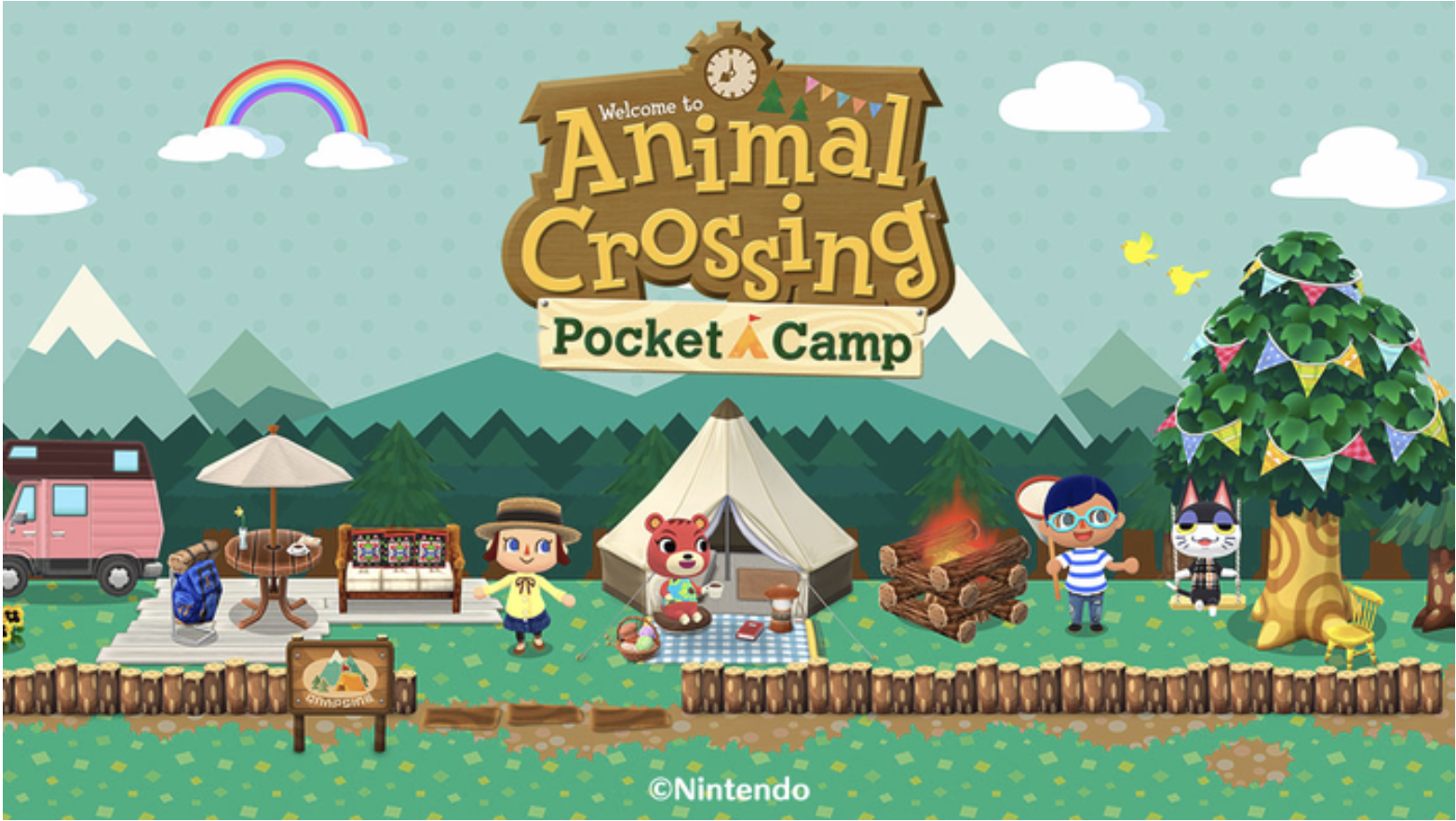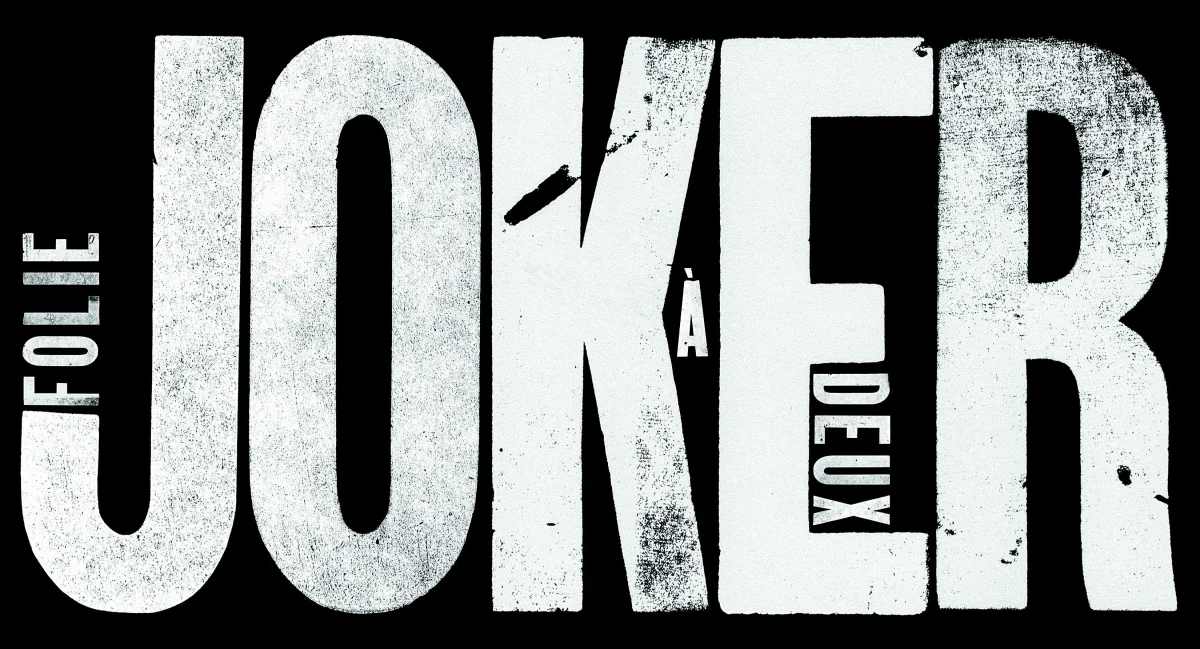
By DAVID LEE
Contributing Writer
Nintendo, the Japanese gaming giant, released “Animal Crossing: Pocket Camp”, its newest addition to both iOS and Android devices. Since its release on November 22nd, the game has over 15 million downloads and has enjoyed massive amounts of popularity similar to that of Nintendo’s “Super Mario 3D Run”. Pocket Camp is currently a free-to-play game with in-app purchases.
The game features the player as a human avatar, designable by the player. The player is the head manager of a campsite whose main objective is to create and design the best campgrounds. The game’s primary focus is to befriend native animals through conversation, gifts and invitations to their campsite. Most of the player’s time will be spent completing requests for the animals through a variety of methods whether it be collecting fruit, catching bugs and fishing. As these requests are completed, the friendship levels with the animals grow which in turn increases the player’s level. As the player’s level increases, more customizable items are unlocked as well as more native animals. This ultimately fuels a long cycle with campgrounds becoming more customized as well as more animals to befriend and newer items to be unlocked. The game also features a form of in-game currency as well as leaf tickets which must be bought.
As I began to play, the classic music greeted me at startup. From then on, I was led through a series of tutorials teaching me everything from how to befriend animals or fishing and mining. When I was let loose, I spent around two hours grinding up the levels to befriend animals as well as to customize my campsite. Pocket Camp had stolen my heart as well as my battery.
Having watched some videos of older Animal Crossing franchises, I noticed that Pocket Camp is a closed world game, unusual as Animal Crossing games are usually an open world system. Personally, I enjoy the closed world aspect of it as it focuses me as a player on specific tasks and goals. However, older players of Animal Crossing franchises feel limited and bored easily as Pocket Camp is set up so there are specific locations for specific activities.
“While I prefer it to be open world,” sophomore Chris Chae said “I find the closed world better suits the mobile surface….[it] does not take away from the game.”
In addition, Pocket Camp features a set of goals which has been criticized by avid players of the old Animal Crossing stating it becomes too much like any other mobile game and loses its individuality compared to other games. Others say the set of goals takes away from the serenity of the game itself as the goals force players to play more for completion of goals rather than just relaxation.
“I don’t dislike the goals,” sophomore Tyler Chang said. “They’re usually pretty simple and does not have that much effect on how players play the game.”
When I first began to play, I did not mind the grind so much because there were many activities I could partake in. As I progressively leveled up, the game began to get much more monotonous with the constant repetitive dialogue as well as the same cycle over and over again. However, this was alleviated with the realization that I could play with friends as well as customize my campsite completely. However, some backlash has occurred in the community over the heavy amount of repetitive grind the game incorporates and many are frustrated at the lack of variety and the constant cycle leading many to quit because of boredom.
“Although the repetitive grind could seem monotone for people, that is the beauty of it because it is so simple and relaxing,” Chae said.
Overall, Pocket Camp is a charming remake of Animal Crossing which has been fit into a mobile device. It is definitely not perfect, but despite its shortcomings such as the repetitive grind and lack of variety, Pocket Camp still provides a serene paradise for its players.
“Animal Crossing: Pocket Camp” currently has an 8/10 on IGN and 76% on Metacritic.













